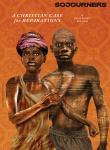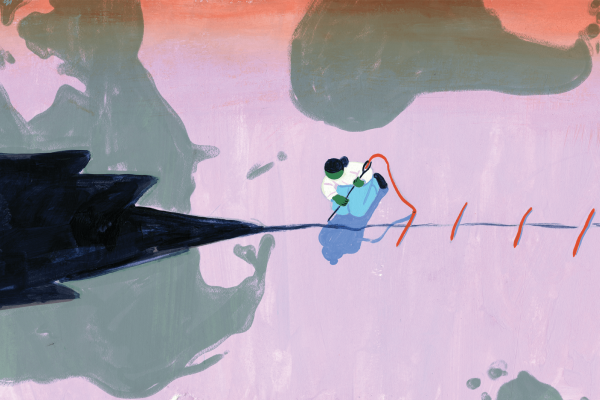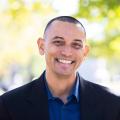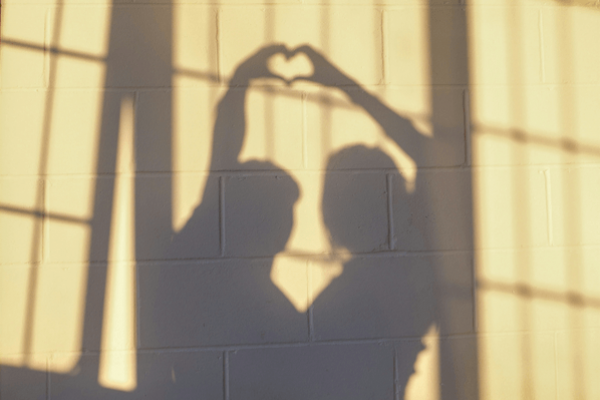AMERICA ENTERED THE COVID-19 crisis in a dangerously divided and polarized place, politically and culturally. But by embracing our interdependence, protecting the weakest members of our society, and showing equal concern for one another, we can emerge from this crisis more unified and committed to reimagining and rebuilding a radically more just and healthy nation and world.
This crisis has the potential to force us out of our selfish hyperindividualism; it instead calls us to demonstrate solidarity and love for our neighbor by protecting ourselves and others by sheltering at home and practicing physical distancing for as long as is deemed necessary for the sake of everyone.
Two decades ago, I preached my first sermon, which reflected upon 1 Corinthians 12 and spoke to the imperative to heal the global body from the HIV/AIDS pandemic, which at that time was ravaging the continent of Africa and felt insurmountable. I believed then that the AIDS crisis and our response to it would define my generation, just as the coronavirus will likely be a defining moment for a new generation. I believe there are lessons we can glean from the AIDS pandemic that can help us get through the current crisis.
First is the way in which political and societal denial and delay have deadly consequences. In the 1980s, stigma and denial surrounding the AIDS pandemic enabled the disease to move quickly beyond the gay community in California and New York, where it was first identified in the U.S., to extend its tragic toll across the country. The nation lost years of precious time to mobilize the necessary resources for effective treatments due in significant part to negligent leadership from President Reagan who refused to publicly acknowledge AIDS for five years after it was identified in 1981. Political delay and denial in the face of the COVID-19 pandemic has also been deadly.
Like AIDS, the coronavirus magnifies and preys upon many preexisting inequalities within society, evidenced by the disproportionate infection rate and death toll among African Americans. Until the cost of AIDS drugs were driven down in the mid-2000s, whether you lived or died depended dramatically on your socioeconomic status and whether you could pay for life itself. As either a treatment or vaccine for COVID-19 becomes available, we can’t allow these disparities to remain.
I closed my sermon 20 years ago by emphasizing that I believe that God has a second definition for the acronym HIV (Human Immunodeficiency Virus). HIV also presented an urgent opportunity to “Heal the International Village” by addressing the underlying brokenness and injustices that fueled the epidemic. COVID-19 also presents us with a historic opportunity—and responsibility—to heal and address the inequities that have exacerbated the pandemic’s impact.

Got something to say about what you're reading? We value your feedback!







